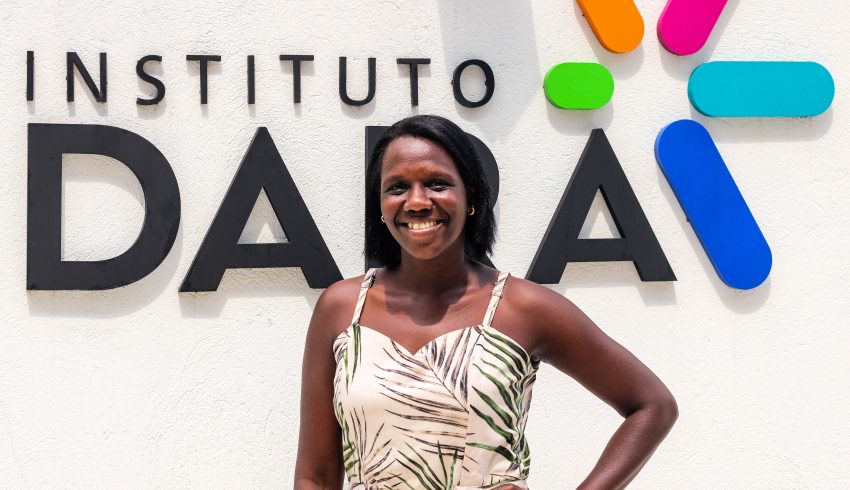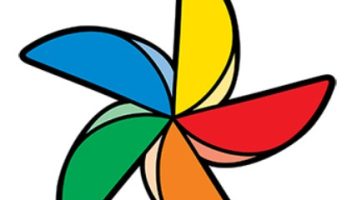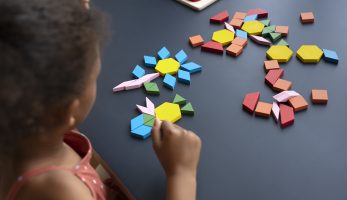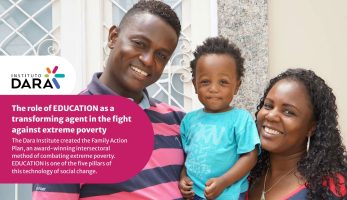At the Dara Institute, Ana Paula Ferreira Antonio was accepted and encouraged to take care of herself and her family. Education revolutionized her life. She resumed her studies and started college. Today she shares what she has learned with us.
Testimony of Ana Paula Ferreira Antonio (37)
Mother of Weslen Patrique (21), Evelyn Vanessa (19), and Geovana (12).
I learned to prioritize education for both myself and my children at the Dara Institute, because my mother, unfortunately, was unable to do so. My mother separated from my father when I was very young. We were five brothers, lots of children to take care of and a house to support by ourselves, including cooking, sewing and washing clothes. I left school after the birth of my second child when I was 18 and in 8th grade (9th grade equivalent). I’m now in college.
When we arrived at the Dara Institute my oldest son, Weslen, then 10 years old, had been diagnosed with a serious kidney disease after 15 days in the hospital. My youngest daughter was just a baby, and we lived in a small house a long way from Dara. I didn’t even know how to use public transport around the South Zone, and I was carrying a sick child and another on my lap. The children’s father was unemployed and did not help. The only income at home came from my mother’s work, which was not fixed.
First, I received care and support for my son’s medical treatment, which included medication, exams and transportation costs. Then I was helped with the youngest, who has a lot of allergies. But this was not the main change in our lives.
I discovered leisure and art for and with my children. There was a teen care group at the institute, which I loved. My two oldest children joined in, and I went along. They held meetings with group dynamics and, later, excursions to tourist attractions, such as Sugarloaf Mountain, and visits to museums and theaters. Even though they could go alone, I insisted on going along. Few mothers went, I was one of the keenest to join in. It was such a distant reality for me… going to museums etc. Such a simple thing, but such a long way from my reality. I experienced what I couldn’t in my adolescence and, at the same time, I was given the chance to be a mother alongside my children and more present in their lives.
It was in a group dynamic, with vocational tests, that my middle daughter discovered that she wanted to pursue a career in the military. She went on to study and really work for it. But I needed to have structure for when it was over, I wanted to make the most of the Institute.
For me, there seed of social work was planted in my mind, seeing how social workers worked and interacted with families. It took me a while to realize, but it was a fundamental inspiration for me.
One of Dara’s work fronts is to help us find our vocation. At first, the institute offered me a hairdressing course. I wanted the opportunity, but I knew I wouldn’t engage in this profession, taking the vacancy from someone who could take advantage of it more. I talked it through and said I wanted to take a course in safety at work. They didn’t have one, but they told me to look for one. I found a quick course in 15 days, and they paid for me to do it. In a short time I started working as a freelancer in the area, at fairs and events, and there was no lack of work during the Olympics and the World Cup, held in Rio de Janeiro at that time. Later, I got a steady job at the international airport.
I left Dara with a profession and managed to pay for private schooling for my children. I started investing in my education. I left home at 4 am to get to the airport on time. I went on supplementary school to complete my high school education, and then got a job closer to home. I wanted more.
When it came time to choose higher education, I couldn’t get social work out of my head. I had the will, but it was way too expensive, almost impossible. Until, on a cousin’s birthday, I met a friend of hers who was starting the course. I felt that my time had come.
I went to college to study social work. I find it quite hard to write, because my basic education was poor, but I learned at Dara that obstacles should not get in the way of my dreams.
I did an internship at the Nova Iguaçu Social Assistance Department, working on a project to support development in early childhood, with children from 0 to 3, and on another one with pregnant women. There, I try to reproduce the quality of service that impressed me so much during my time at the Dara Institute.
My oldest son, Weslen, is a high school graduate and I am paying for a preparatory course for Evelyn, who wants to be in the military, and an English course for Geovana, the youngest. They can say they don’t want to take advantage of these openings, but they can’t say they were never offered the opportunity. Here at home, they can be whatever they want.




